Watu Holdings, a Nairobi-based lender best known for financing boda boda riders, saw its 2024 profits plummet by 85 per cent to Sh157 million—a stark reversal from the Sh985 million recorded the previous year.
The slump, disclosed by Car & General in its latest financials, reflects rising borrower distress in Watu’s main markets: Kenya, Uganda, and Sierra Leone.
Founded in 2015 by Latvian entrepreneur Andris Kaneps, the startup carved out a niche in East Africa’s informal economy, offering asset-backed loans to individuals traditionally locked out of formal banking.
Over time, its portfolio grew to include motorcycle loans through Watu Boda, phone financing via Watu Simu, car loans under Watu Gari, education loans with Watu Shule, and most recently, a foray into the electric vehicle space.
Yet this diversified push hasn’t been enough to shield the firm from escalating repayment risks and shrinking margins.
Read More
While losses mounted in most markets, Watu’s Tanzanian subsidiary, Watu Tuu Limited, stood out as a rare bright spot.
Profit there nearly doubled, reaching Sh650 million—an increase of 93 per cent year-on-year.
Though Watu does not release market-specific numbers, the figures from Car & General hint at far stronger fundamentals in Tanzania compared to its neighbours.
The lender’s woes reflect broader tremors in the region’s non-bank credit sector, which has surged over the past decade by offering low-collateral loans to informal workers.
But as economic pressures pile on and informal incomes flatten, the sustainability of these models is being tested.
Watu now finds itself in the crosshairs of both market turbulence and intensifying competition from startups like M-KOPA, Aspira, and Ampersand, which have all expanded in overlapping verticals.
What’s different about Watu is how tightly its business is woven into the fortunes of Car & General, a publicly listed firm that assembles motorcycles and relies on Watu’s financing demand.
Car & General owns a 29 per cent stake in Watu and has been reporting its performance as part of its own earnings narrative, offering rare insight into a company that otherwise remains privately held and opaque in its financial disclosures.
The firm has secured over Sh2.6 billion in capital to date, backed by institutional investors including FMO, Gateway Partners, Verdant Capital, and AHL Venture Partners.
Its most recent raise, a Series B round, closed in February 2024.
Until recently, Watu had stood out as one of Kenya’s few consistently profitable fintechs—a reputation now cast in doubt by the scale of its downturn.
How it navigates the next phase—marked by economic volatility, borrower fatigue, and shifting regulatory tides—may decide whether its model can hold under pressure or become a cautionary tale of overextension in a fragile ecosystem.

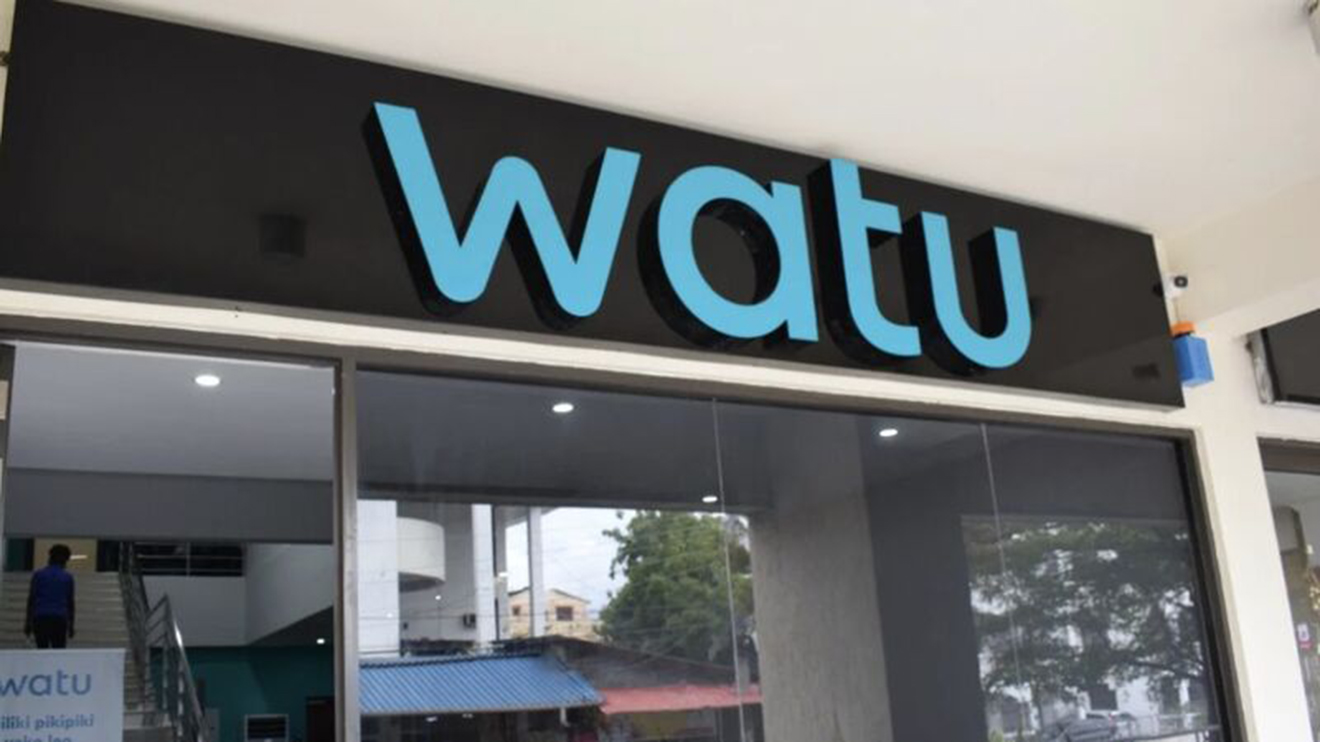
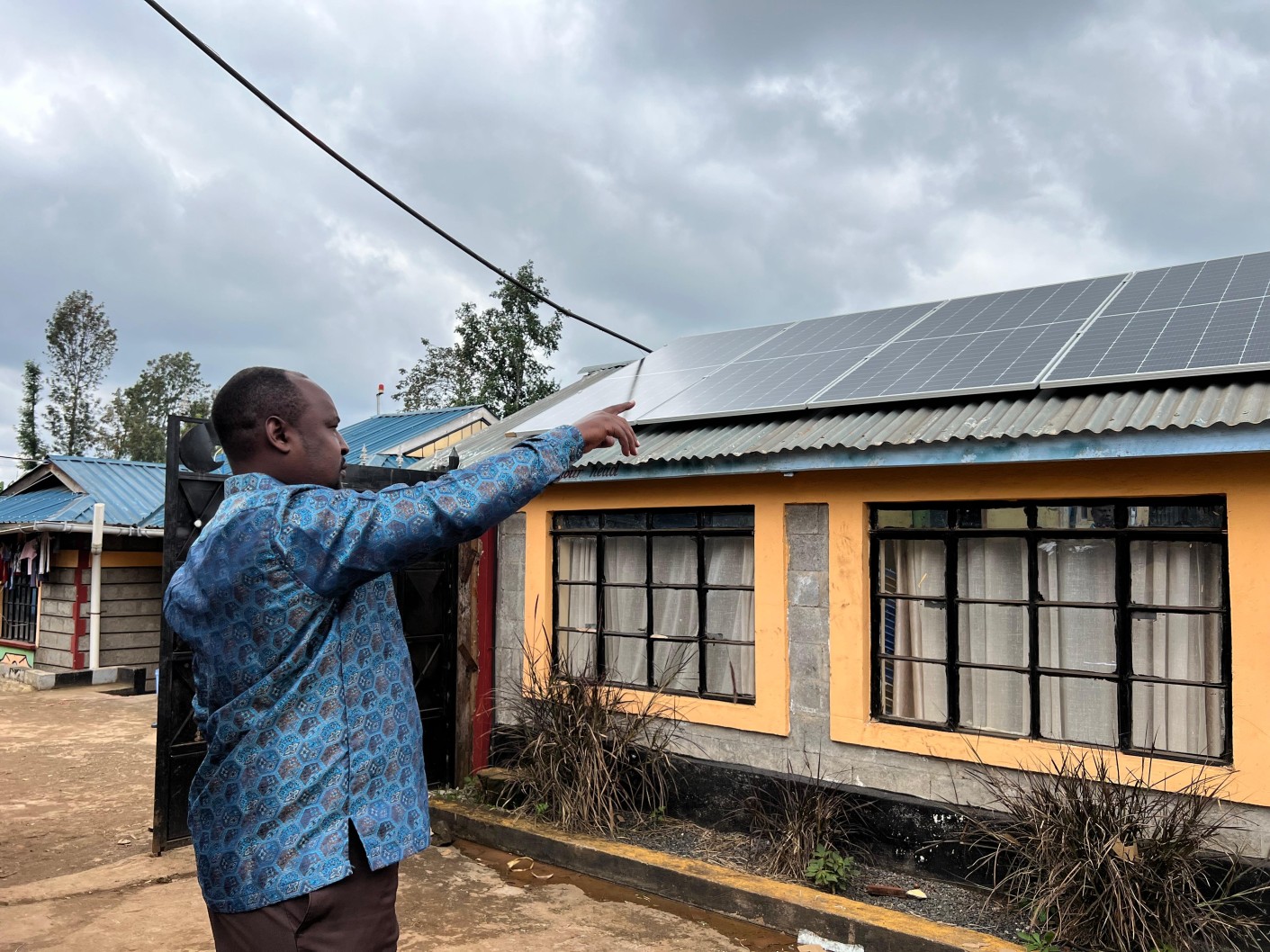
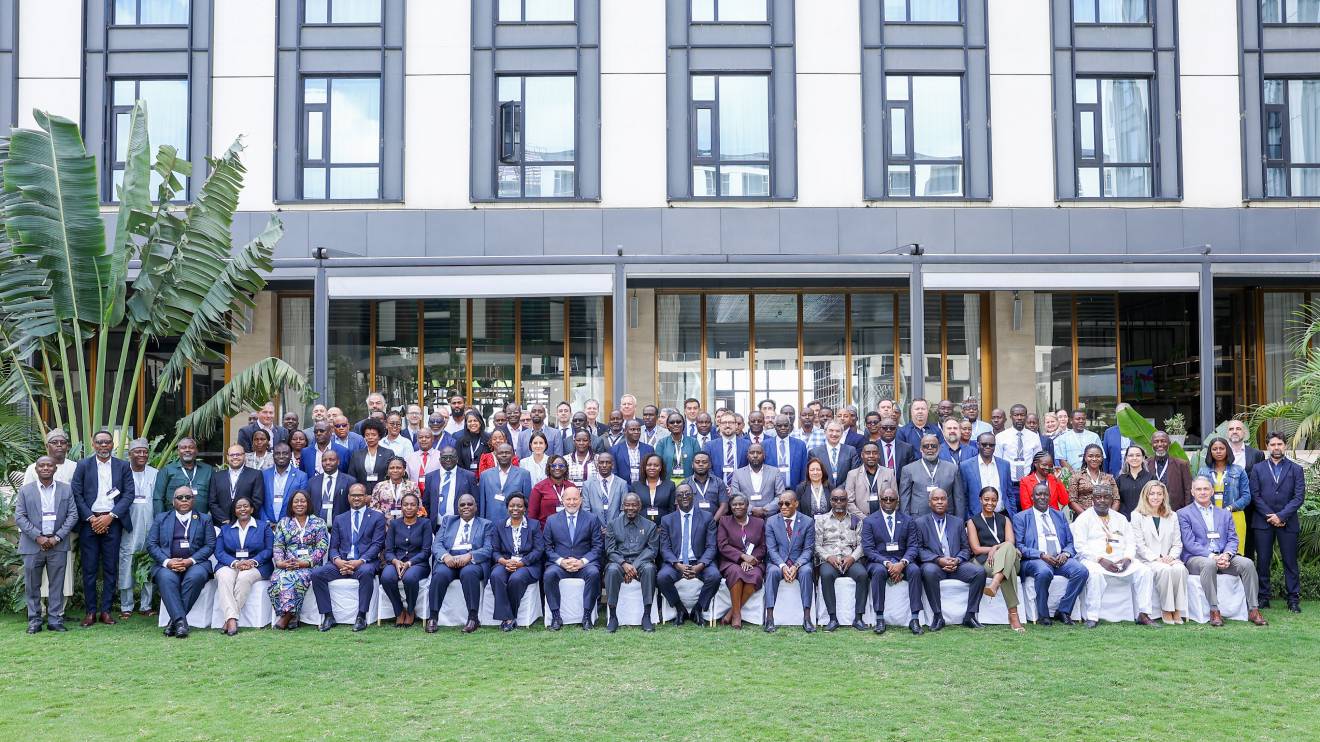
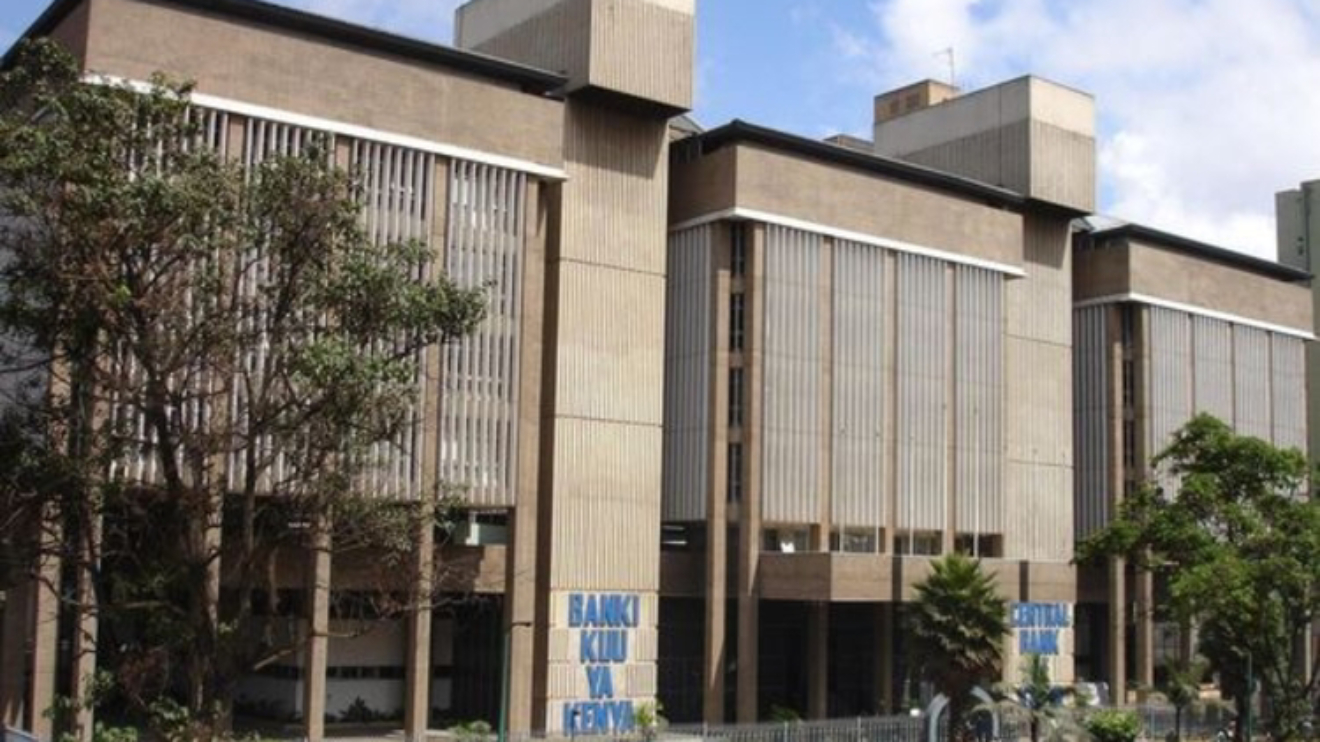
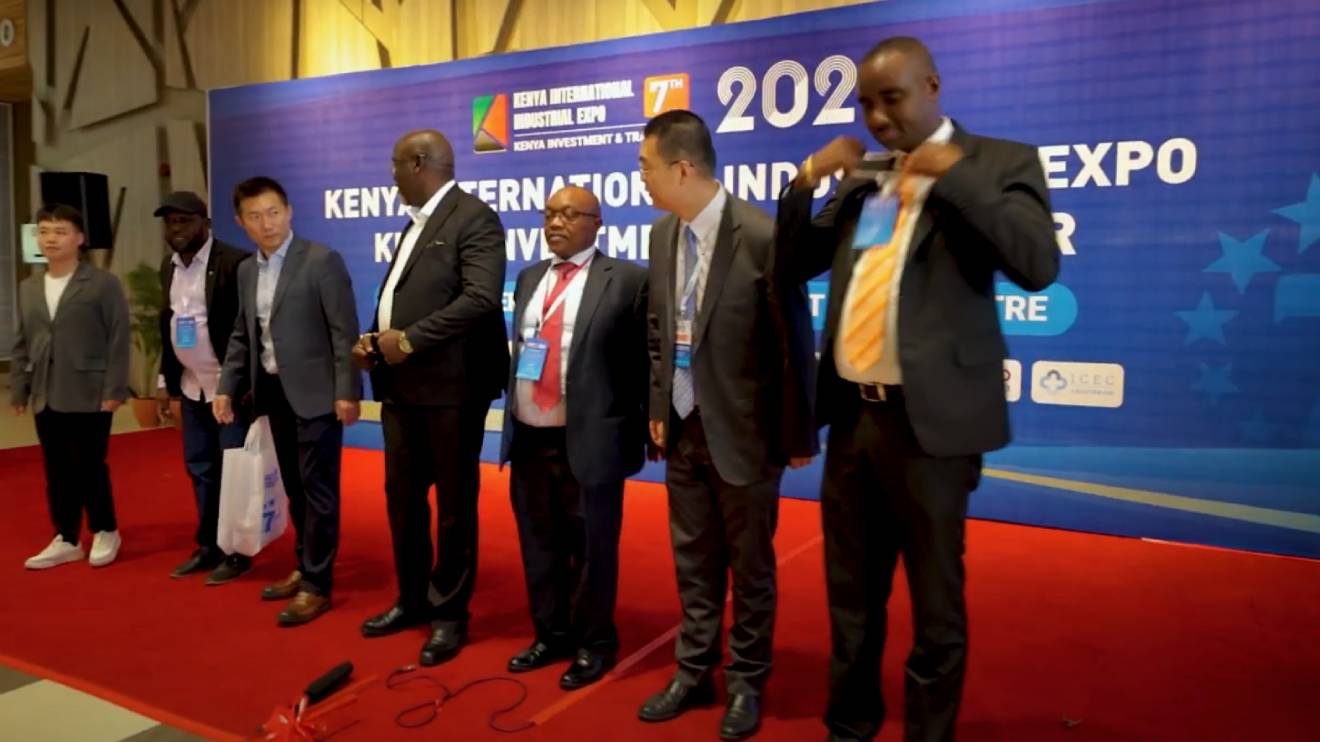
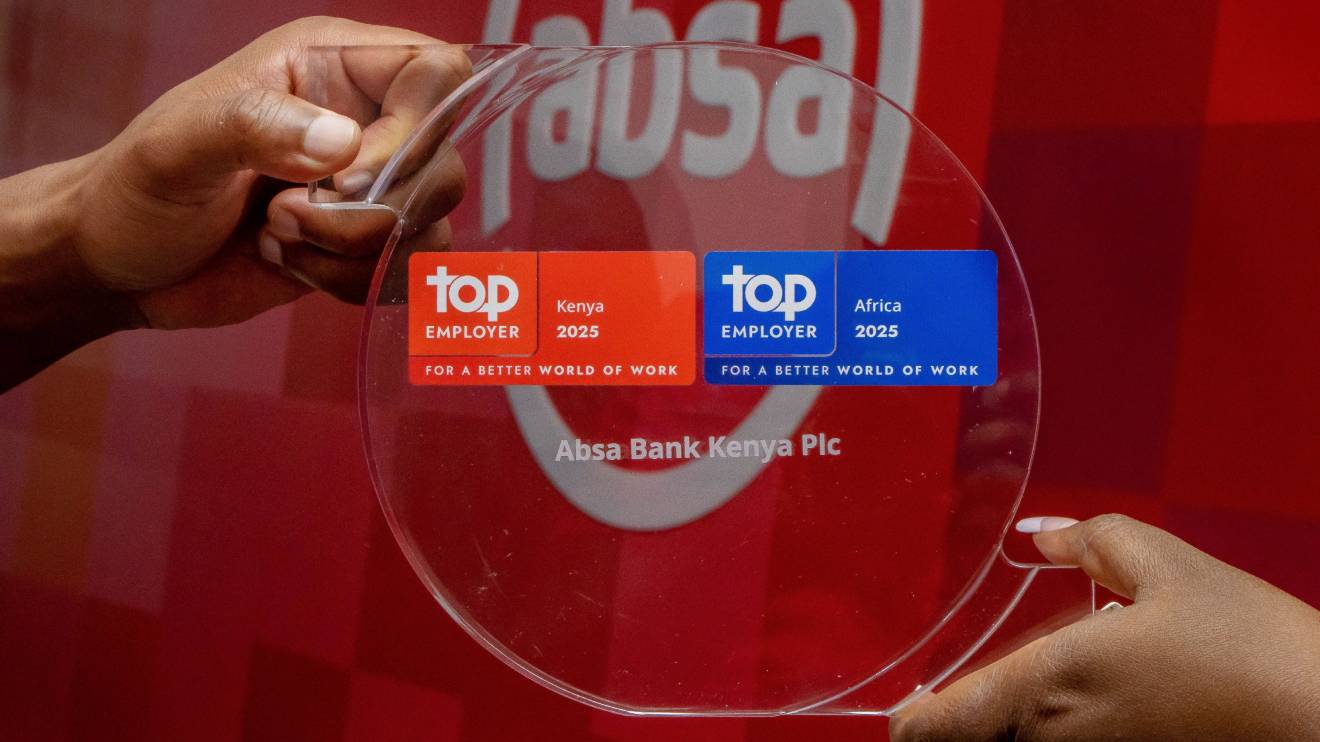
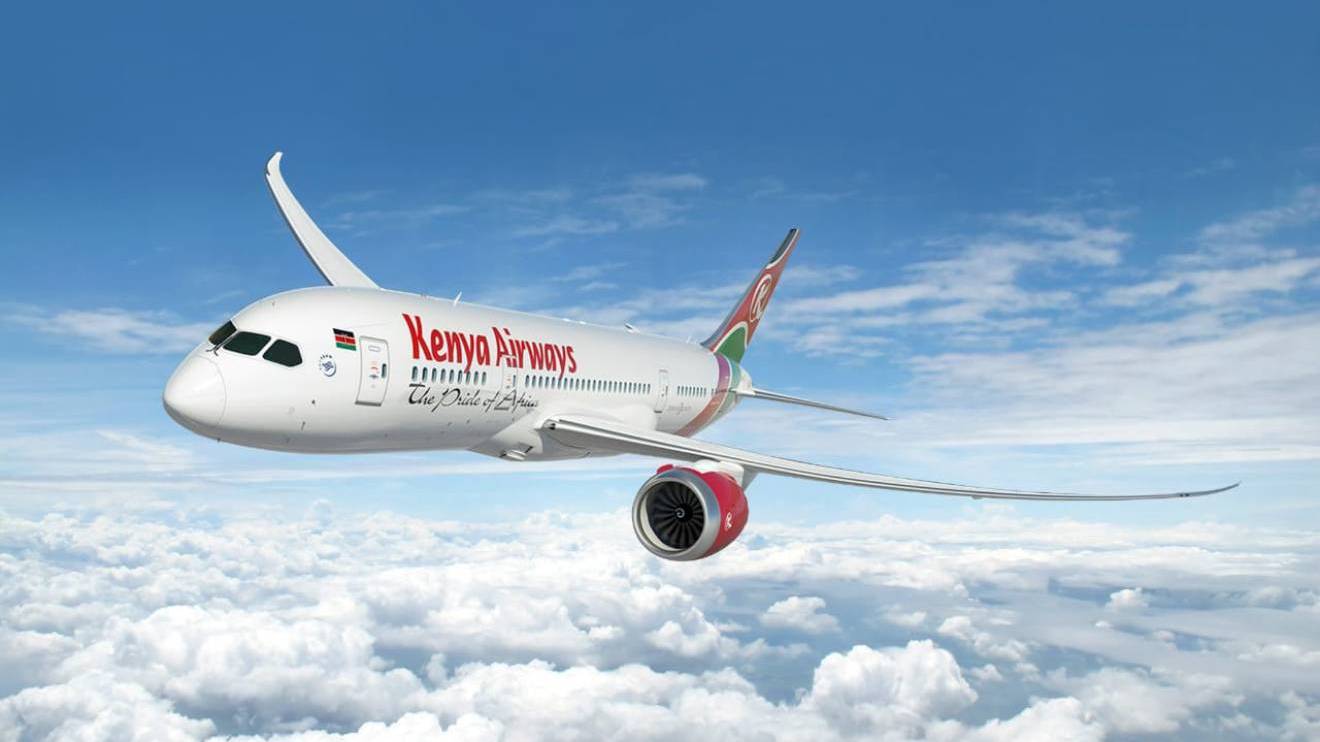
-1756319289.jpg)